| Dan Howard |
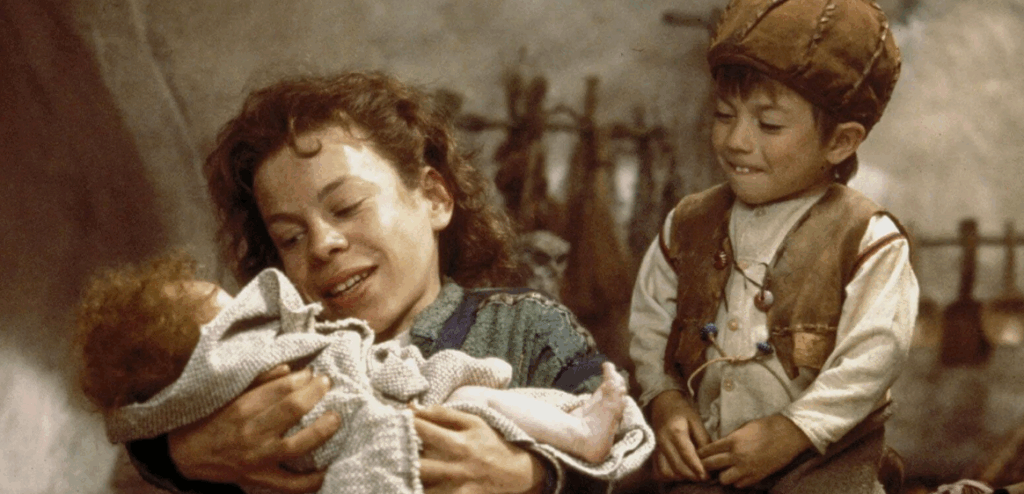
Willow plays at the Trylon Cinema from Friday, September 5th, through Sunday, September 7th. For tickets, showtimes, and other series information, visit trylon.org.
Adventure. Excitement. A jedi may crave not these things, but a former Ewok-turned-sorcerer just might. After Return of the Jedi delivered a triumphant finale to the Star Wars trilogy in 1983, George Lucas was not only focusing on a prequel to Raiders of the Lost Ark, but he was also determined to bring to fruition another film that he’d been dreaming of since 1972. Lucas was far from being done with fantasy worlds and stories to bring out everyone’s inner child. In the case of Willow, adventure, excitement, and most importantly magic, have made the film a true hidden gem.
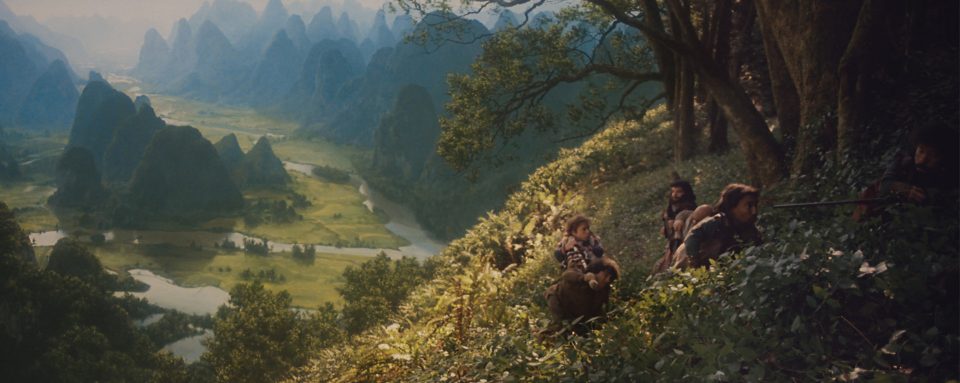
When the evil Queen Bavmorda (Jean Marsh) fears that the baby princess, Elora (Kate and Ruth Greenfield & Rebecca Bearman), will bring about her downfall, she is determined to find the baby and destroy her at all costs. When Elora is set adrift down a river and found by a Nelwyn family, an aspiring sorcerer, Willow (Warwick Davis), is tasked with returning the baby to her home among the Daikini – the Nelwyn’s name for regular sized humans. When he learns of the baby’s true identity as the princess, Willow becomes her guardian and together, along with the thief Madmartigan (Val Kilmer), travel to Bavmorda’s castle to defeat the evil queen and thwart the attacks of her daughter, Sorsha (Joanne Whalley), who seeks to destroy the young princess.
I hadn’t seen Willow until I was in my mid-twenties, but it’s the type of film that will make anyone feel ten years old again, especially when you grow up obsessed with Star Wars and Lucasfilm includes some familiar Star Wars-like tropes such as the scene transitions. Willow undoubtedly caught lightning in a bottle, and like many other classic films before and since, it was an overlooked film upon its release. However, was the film really screaming for a sequel 34 years on? Talks of a sequel begun as early as 2005 and Warwick Davis was on board from the get-go. It had seemed like a continuation of Willow’s story was a dream come true. Yet, it was canceled after only one season and received mixed reviews. So, what went wrong?
I want to be clear that this article is not intended as a criticism piece, but to come to an understanding as to why the show felt so disconnected from the original film. As kids, we’re drawn to the magic that the world can offer. It’s when we’re exposed to these tales of magic, prophecy, and fearless adventure that it brings out our sense of wonder, and if we can maintain that same childlike wonder as adults upon revisiting these films, it only goes to show how important films and stories like Willow truly are. Even Warwick Davis himself was practically a kid when they started production, being only 17. Imagining viewing Willow for the first time through the eyes of a child, it’s easy to see how kids would be drawn to Willow and see themselves through him.
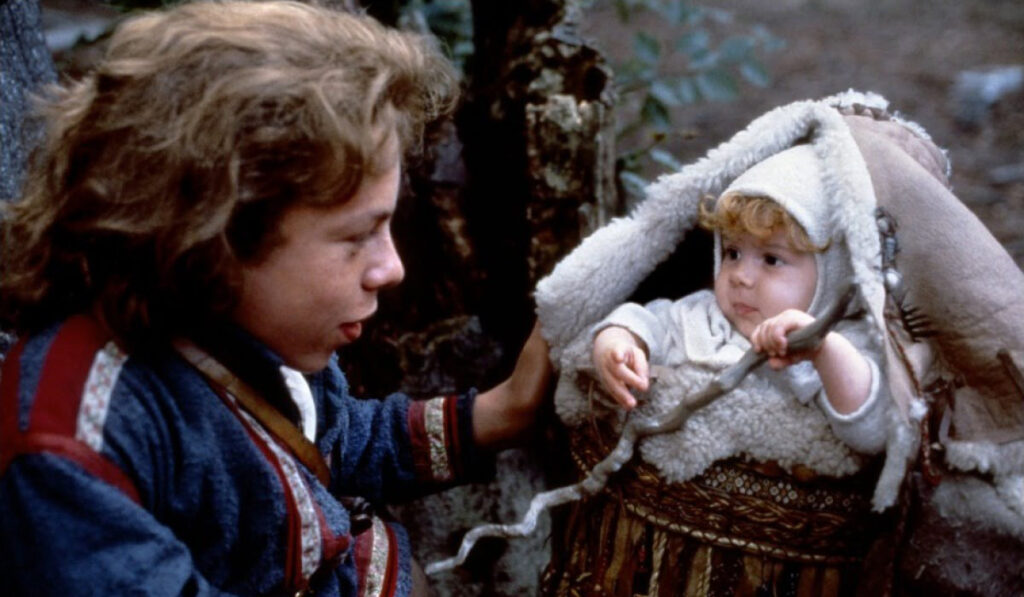
We all want our heroes to have a hopeful nature, such as Willow has throughout his journey as Elora’s protector and in becoming a great sorcerer. We love witnessing our heroes come into their own as the leaders they were meant to be as the High Aldwin plays the biggest part in Willow’s first steps in his hero’s journey by teaching Willow to follow his instincts as well as his heart. Simply confessing to the High Aldwin that he indeed loves the child was enough for Willow to begin his journey with Elora. However, something that’s just as important, if not more so, than a hero coming into their own is their ability to lead others onto the path of redemption, whether intentional or by accident. Both Madmartigan and Sorsha receive amazing redemptions once their paths cross with Willow. We first meet Madmartigan when he’s locked in a cage, desperately attempting to con Willow and Meegosh, the only one of four Nelwyn sent with Willow on his journey to not give up and return home until Willow tells him to, into letting him out. Our introduction to Sorsha shows her as a ruthless evil servant to her mother, the Queen who will stop at nothing to kill the baby princess. By the end, they find the paths to their true selves, saving their world from Queen Bavmorda’s reign, and finding their way to each other. Mix those traits with traveling to various mystical lands with fairies, monsters, and angel-like beings and you get that classic grand adventure that we love when we’re young and seek out again as adults.
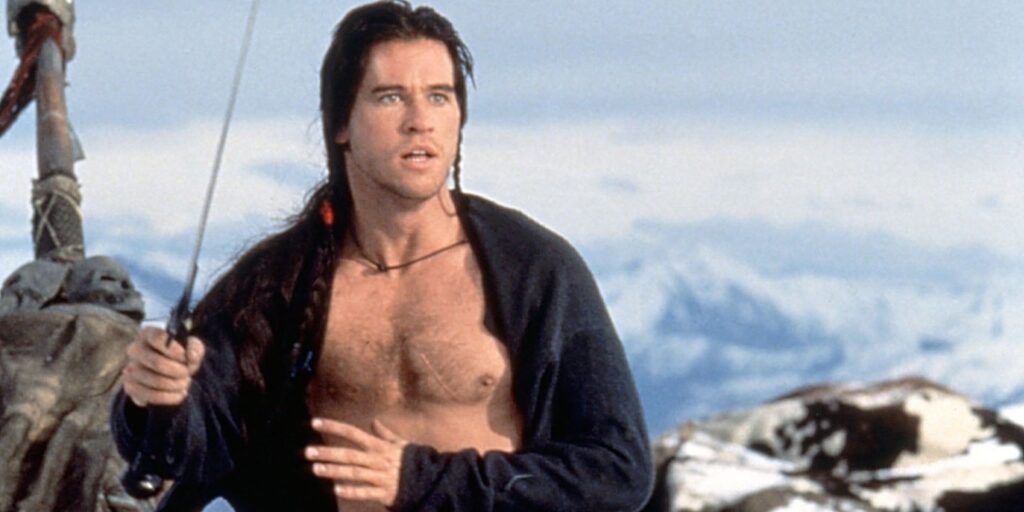
I believe the first wrong turn that the Disney+ sequel series of Willow took is that it didn’t have those same vibes. Right off the bat, we get an ill-fitted sense of dread instead of hope. Which, yeah, I get that they’re taking a darker approach. However, our beloved Willow is revealed as a jaded, burnt-out sorcerer with no hope left for defeating this great evil? It felt like a Last Jedi situation all over again where audiences were, to put it lightly, unhappy with how Luke Skywalker was portrayed being almost the exact opposite of how we first knew him. Of course, people do change over time, but it can be jarring when we’re seeing a character again for the first time in decades. So, I can only imagine that die-hard Willow fans had that same feeling. The show also seemed to follow a modern-day trope of introducing too many new characters too quickly. Only two of the new characters truly stuck in my memory because of their key roles. Jade (Erin Kellyman), the long-lost daughter of Madmartigan and Sorsha, and Prince Graydon (Tony Revolori). Other than them, I could not tell you off the top of my head who the other new characters were. Not to mention the odd creative choices with the soundtrack. I mean, does “Money for Nothing” by Dire Straits really belong in the world of Willow?
Although, almost all TV series have a rough first season as they’re primarily trying to find their footing. It’s practically a minefield with the chances of any show going past the first season. For example, Breaking Bad gets infinitely better as it goes, and if it was on any network other than AMC, who’s great at giving shows a chance to grow, it wouldn’t have made it to its second season. Too many shows never truly get the chance to flesh out their full vision and we’re left wondering, “What if…?” So, what if Willow had found his hope again? What if the grown Princess Elora Danen had discovered her true power? Would the show have had any form of satisfying progression and learned its lessons from the first season? The old saying goes, “It’s always darkest before the dawn.” If the tone would have shifted in the second season and returned to its grand adventure, hopeful, childlike-sense-of-wonder roots, showing us that light at the end of the tunnel, who knows what kind of ending we would’ve gotten for our beloved Newlyn sorcerer.
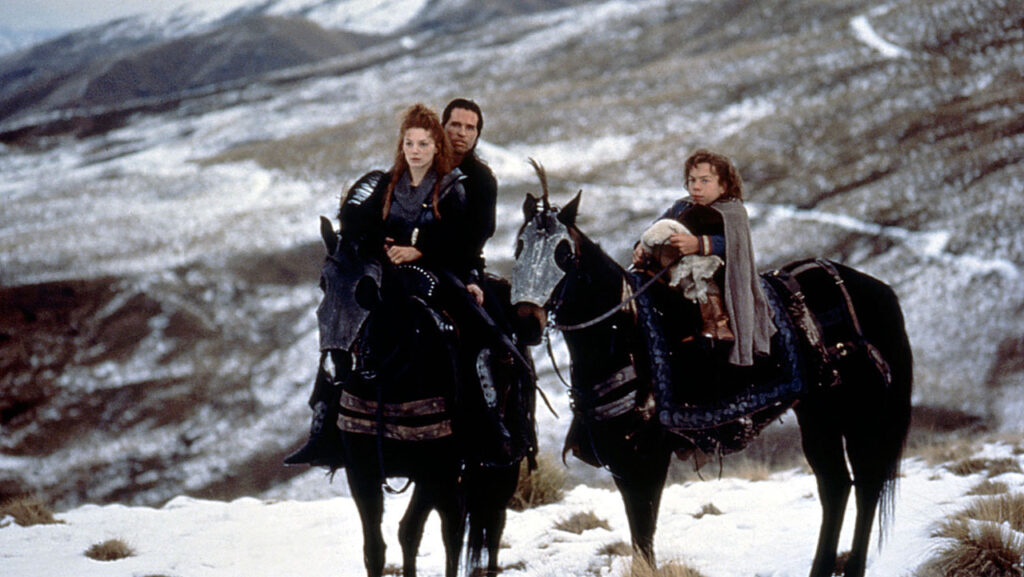
Still, I can at least appreciate the direction they attempted to take the show. Revisiting the film, it also gave me a renewed love and appreciation for it. Films that make you feel like a kid again are so rare and important. Stories like Willow can help you renew your faith in the goodness of the world. Willow also serves as a perfect gateway film for younger generations. Before you know it, they discover films like Lord of the Rings and various other films and see the influence it had on their other favorite movies. Whether it’s your first venture or 21st venture, Willow proves to stand the test of time. A film that can unite generations as parents show it to their kids. Despite a failed attempt at a sequel, the legacy of the original Willow will continue to be one of Lucasfilm’s greatest achievements.
Edited by Olga Tchepikova-Treon
